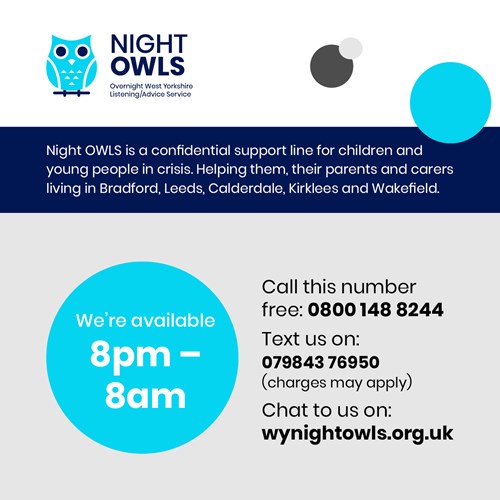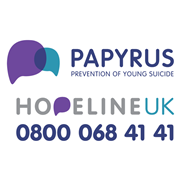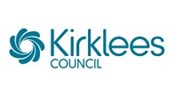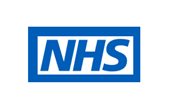The first point of contact for anybody who is concerned about their health is their own GP. The majority of people who use our services are referred to us by their GP.
Many of the Trust’s services are classed as ‘secondary care’ which means people have been referred to us from primary care (that is the first point of contact you have with the NHS when you have a health problem).
Many people’s health problems can be treated by their GP or at a primary care level, but secondary care services help those people with more severe health problems or those who need more in-depth support.
What to do in an emergency
If you are already using Trust services, and your condition deteriorates or you have any concerns, contact your care coordinator.
At some point, most people will need to get help because of an accident or a medical emergency.
Planning ahead and understanding what your options are in an emergency will help you get the best care as quickly as possible.
Your options in an emergency include:
Calling 999
Only dial 999 in a critical or life-threatening situation, for example, if someone has:
- loss of consciousness
- acute confused state and fits that are not stopping
- persistent, severe chest pain
- breathing difficulties
- severe bleeding that can’t be stopped
GP surgery
For illnesses that are not life-threatening, contact your GP surgery. Outside of normal surgery hours, you can still phone your GP, but you will usually be directed to an out-of-hours service.
Read more about what to do in an emergency on the NHS Choices website.






